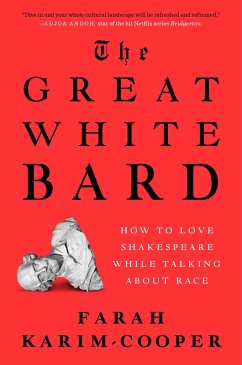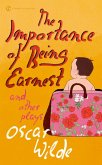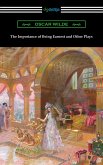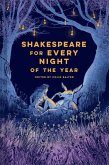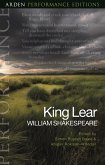CHOSEN AS ONE OF THE BEST BOOKS OF THE YEAR: TIME, NPR, The New Yorker, Kirkus Reviews, Publishers Weekly As we witness monuments of white Western history fall, many are asking how is Shakespeare still relevant? Professor Farah Karim-Cooper has dedicated her career to the Bard, which is why she wants to take the playwright down from his pedestal to unveil a Shakespeare for the twenty-first century. If we persist in reading Shakespeare as representative of only one group, as the very pinnacle of the white Western canon, then he will truly be in peril. Combining piercing analysis of race, gender and otherness in famous plays from Antony and Cleopatra to The Tempest with a radical reappraisal of Elizabethan London, The Great White Bard asks us neither to idealize nor bury Shakespeare but instead to look him in the eye and reckon with the discomforts of his plays, playhouses and society. In inviting new perspectives and interpretations, we may yet prolong and enrich his extraordinary legacy.
Dieser Download kann aus rechtlichen Gründen nur mit Rechnungsadresse in A, B, BG, CZ, D, DK, EW, E, FIN, F, GR, HR, H, I, LT, L, LR, NL, PL, P, R, S, SLO, SK ausgeliefert werden.
'Vivid... a thorough analysis but also a kind of love letter... Karim-Cooper sees Shakespeare as holding a mirror to this society, with his plays interrogating live issues around race, identity and the colonial enterprise. Her critique is at its most absorbing and original when she shows how complicated his approach was... Her arguments come to feel essential and should be absorbed by every theatre director, writer, critic, interested in finding new ways into the work.' -Guardian
'Vivid... a thorough analysis but also a kind of love letter... Karim-Cooper sees Shakespeare as holding a mirror to this society, with his plays interrogating live issues around race, identity and the colonial enterprise. Her critique is at its most absorbing and original when she shows how complicated his approach was... Her arguments come to feel essential and should be absorbed by every theatre director, writer, critic, interested in finding new ways into the work.' -Guardian

